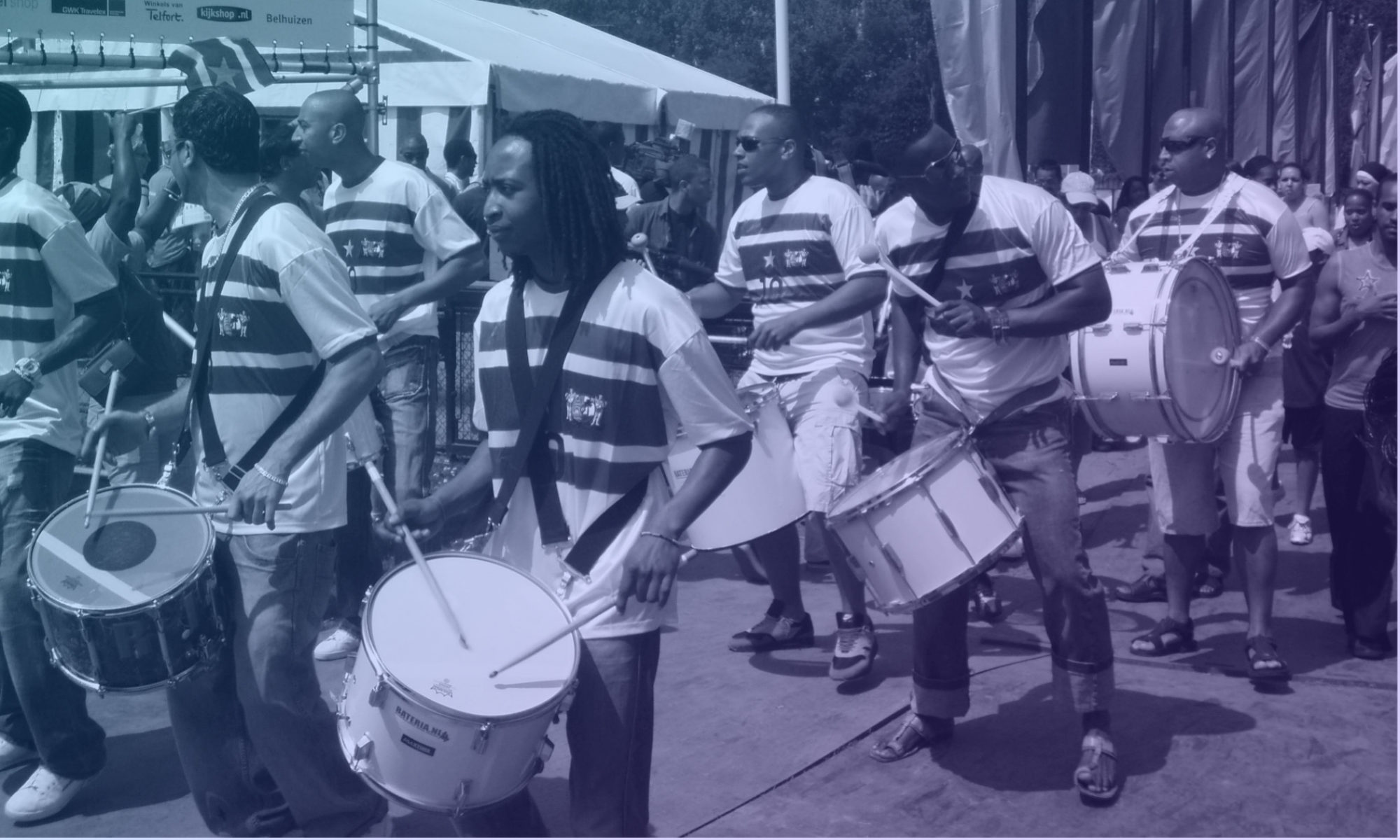Following the traditions of sound system culture, in which the operators of sound systems organised and produced sonic innovations alongside collaborators, our work on Sound Movements reworks our academic research into different forms, that both explore remix culture while also paying homage to the technical innovations of sound systems. By remixing our academic research within digital spaces, our stories can evolve through sound, while also engaging with new audiences.
We utilise the multi-faceted concept of sound movements, that has different meanings and applications: it applies to the movement of sound within and between communities, diasporas and generations; but it also refers to forms of sonic politics, and social organisation and collaboration, that are literally sound: positive, trusted and well-founded. Sound Movements is influenced by Paul Gilroy’s work on transnational multiculture, Josh Kun on sound culture and Les Back and Michael Bull on sociological “deep listening”. In an overarching sense, we explore the possibilities, potentialities and positionalities that exist within sound and space.
Our work entails finding an area of sound culture that has been obscured or underexplored and developing a thread of academic inquiry, then we reimagine, recontextualise and remix our academic work for a range of different outputs. These outputs include forms of non-fiction storytelling and various sound products that track how sound moves, while shifting the forms of knowledge production. These movements of sound emphasise the iterative and situated characteristics of cultural production, as well as the fluid nature of sound. Our work evolves in a way that may challenge the conventional end points of academic output and knowledge dissemination. We set up processes of production, reflection and revision that allows new constructions of different stories and sounds. These reworks, remixes and versions allow us to work in association with guests, organisations and partners.


